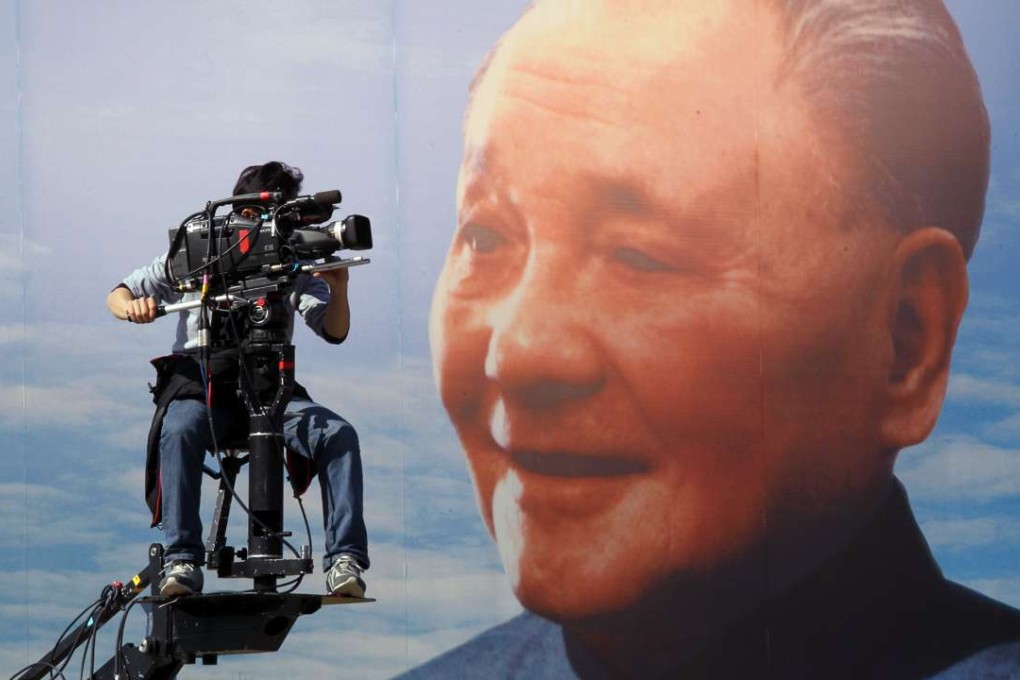City Beat | Today’s turbulent Hong Kong, through the eyes of Deng Xiaoping
In light of recent dramatic developments in the city, Tammy Tam looks at how the former Chinese leader would have viewed these troubling times

If Deng Xiaoping were still alive, what advice would he have for Hong Kong in light of all the latest – often dramatic – developments?
In another twist, a contentious new round of political debate has been triggered by warnings over a possible “constitutional crisis” if Beijing refuses to appoint a chief executive who wins next month’s election but does not have the central government’s trust.
It was such a headline-grabbing week that the 20th anniversary of the death of China’s paramount leader passed quietly, without much notice. In his last months before he died on February 19, 1997, just ahead of the July 1 handover, Deng was known to look at Hong Kong on the map almost every day, according to his daughter. He was counting down to the day he would be able to set foot on Hong Kong soil when it was returned to China.
Whether he ever imagined the momentous twists and turns that post-handover Hong Kong would take, we don’t know. But while he went to his final rest two decades ago, the city he yearned to see never seems at peace these days, rocked by one storm after another.
The past week of turmoil has raised two pressing issues: whether Hong Kong’s independent judiciary is getting politicised; and what role Beijing can and should play in the city’s affairs.
